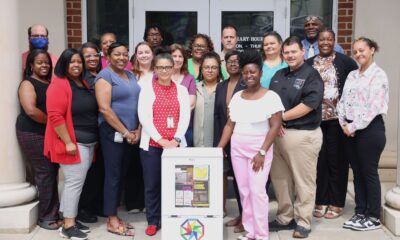Local
Warren County Emergency Services Promotes September as Preparedness Month
Emergency Services urges residents to be aware and prepared

September is Preparedness Month in North Carolina and Warren County Emergency Management officials are encouraging residents and businesses to be prepared for any disaster by reviewing their emergency plans and updating their emergency supply kits.
“We all need to be prepared for any event, whether it’s a manmade emergency or a weather event, and the best way to do that is to begin with an emergency plan and putting together a supply kit that will help you and your loved ones survive for three to seven days without assistance,” said Chris Tucker, County Emergency Manager. “If you have a family emergency plan and practice it, the chances of your family surviving a disaster increases exponentially, add an up-to-date emergency supply kit and your chances increase even more. Being flexible and able to respond quickly in an emergency is important and the best way to do that is to be prepared and practice your plan and have contingency so you can pivot if needed.”
Warren County Emergency Services encourages residents, schools and business owners to make an emergency plan and practice it routinely with other household members, staff or employees. The plan should include details about where to meet, how to get in touch with one another, evacuation plans, what to do with pets and how to notify employees after an emergency.
“It’s important to include a place to go in your plan should you need to evacuate, such as staying with family, friends or at a hotel; A shelter should be a plan of last resort,” Chris Tucker said. “Be sure to have weather-appropriate clothing in your emergency supply kit, and that everything is up to date, such as fresh batteries. Check to be sure any food is still good and include items needed for survival regardless of the emergency.”
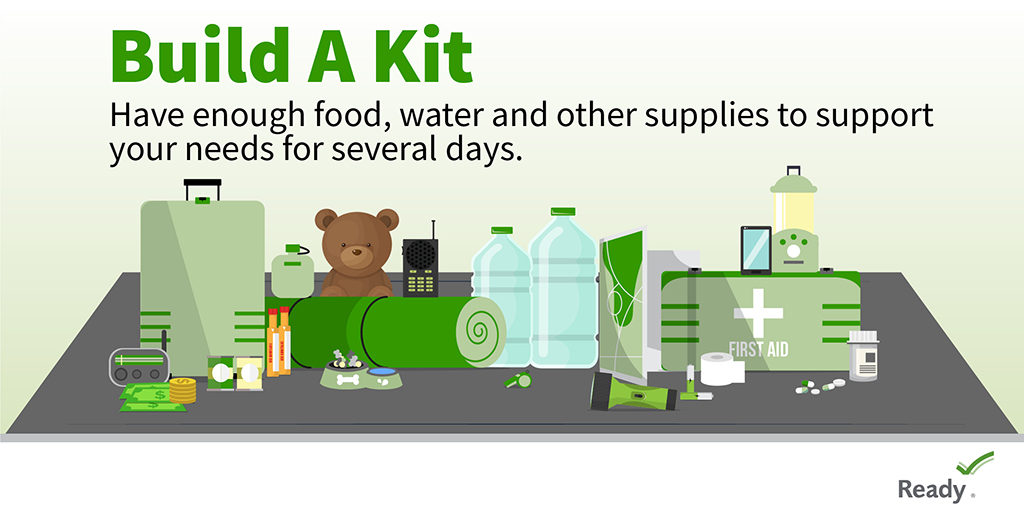
Basic items that should be in an emergency kit are:
* Water – 1 gallon per person per day for 3 to 7 days
* Food – non-perishable and canned food supply for 3 to 7 days
* Hand sanitizer
* Sanitizing wipes
* Battery-powered or hand crank radio and National Oceanic and Atmospheric Administration (NOAA) Weather Radio with extra batteries
* Cell phone with charger
* First aid kit and first aid book
* Flashlight and extra batteries
* Manual can opener for food
* Wrench or pliers to turn off water
* Blanket or sleeping bag – 1 per person
* Prescription medications, glasses and hearing aids
* Seasonal change of clothing, including sturdy shoes
* Toothbrush, toothpaste, soap, feminine supplies
* Extra house and car keys
* Important documents – insurance policies, copy of driver’s license, Social Security card, bank account records
* Fire extinguisher
* Cash and change
* Books, games or cards
Code Red
CodeRED – Seconds Count in an Emergency
Warren County has instituted the CodeRED Emergency Notification System – an ultra-high-speed telephone communication service for emergency notifications. This system allows us to telephone all or targeted areas of the County in case of an emergency situation that requires immediate action (such as a boil-water notice, missing child or evacuation notices). The system is capable of dialing 60,000 phone numbers per hour. It then delivers our recorded message to a live person or an answering machine, making three attempts to connect to any number. Get Started.
This system will only be used for emergency purposes.
Examples of times when the CodeRED system could be utilized:
* Drinking water contamination
* Bomb threat
* Chemical spill or Gas leak
* Evacuation notices and route
* Fires or Floods
* Hostage situation
* Missing person
* Other emergency incidents where rapid and accurate notification is essential for life safety
* Utility outage
For more emergency preparedness information, visit ReadyNC.gov.
Local
Warren County Partners Unveil Vending Machine Containing Opioid Overdose Reversal Kits
The newspaper box-style vending machine at the library is stocked with free risk reduction supplies for public use.
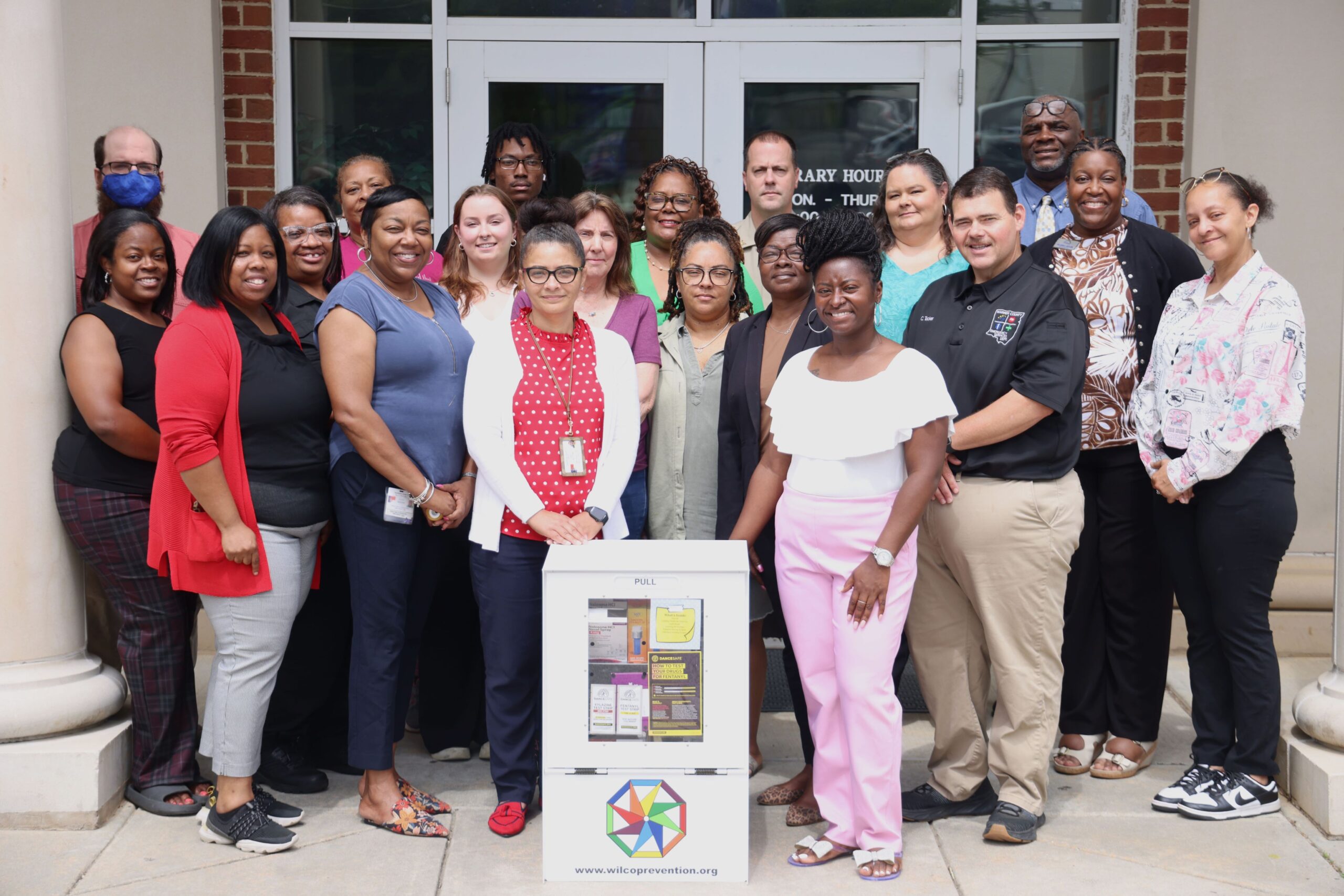
The Warren County Health Department, Warren County Memorial Library, and several local partners came together on May 29 to unveil a new public health initiative aimed at saving lives and promoting safety in the community.
The newspaper box-style vending machine at the library is stocked with FREE risk reduction supplies for public use, which include Naloxone (Narcan) – an opioid overdose reversal medication, Fentanyl/Xylazine testing strips, and medication lockboxes.
Watch this video to learn more about this countywide initiative to combat the opioid crisis.
Local
PHOTOS: Celebrating Warren County 2025
Several local residents received special recognition at the inaugural event.
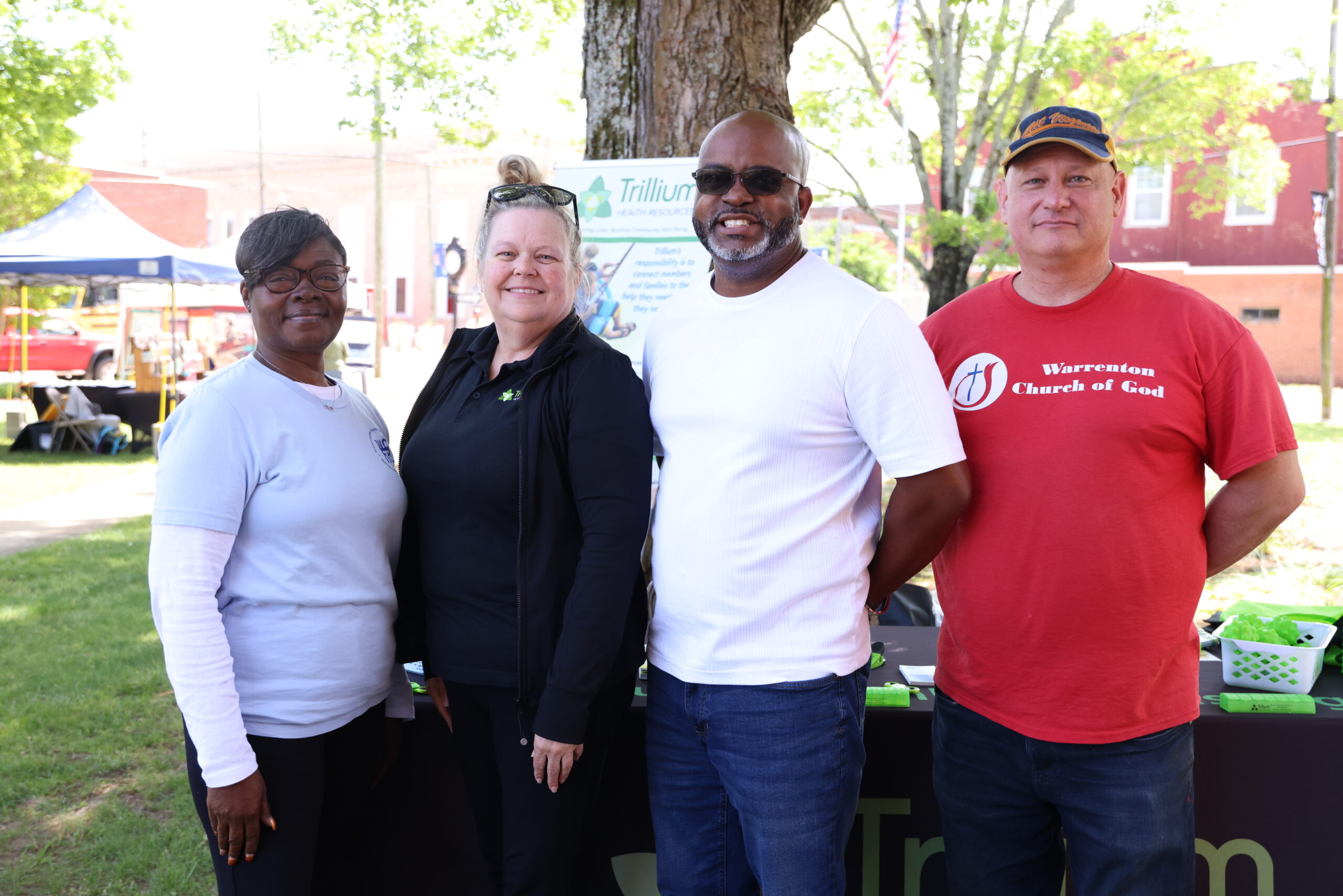
Hosted by the Warrenton Church of God, the inaugural Celebrating Warren County festival on Saturday, May 10, embraced an understanding and appreciation of fellowship and community involvement.
Emceed by Pastor Phillip Sharp, attendees gathered on the Courthouse Square, and shopped with local vendors, received helpful info from such resources as the Warren County Health Department and Trillium Health Resources, enjoyed live entertainment, and with a ticket, were given a free meal courtesy of Rachel’s Whistle Stop in Norlina.
Local resident, Alexis Henderson received special recognition as a Notable Citizen and for work as the founder of Sisterly Dreams (watch it here).
Anna Boyd (3rd grade) and Tinisha King (5th grade) were announced as the winners in the Why Do You Love Warren County contest and each received $50.
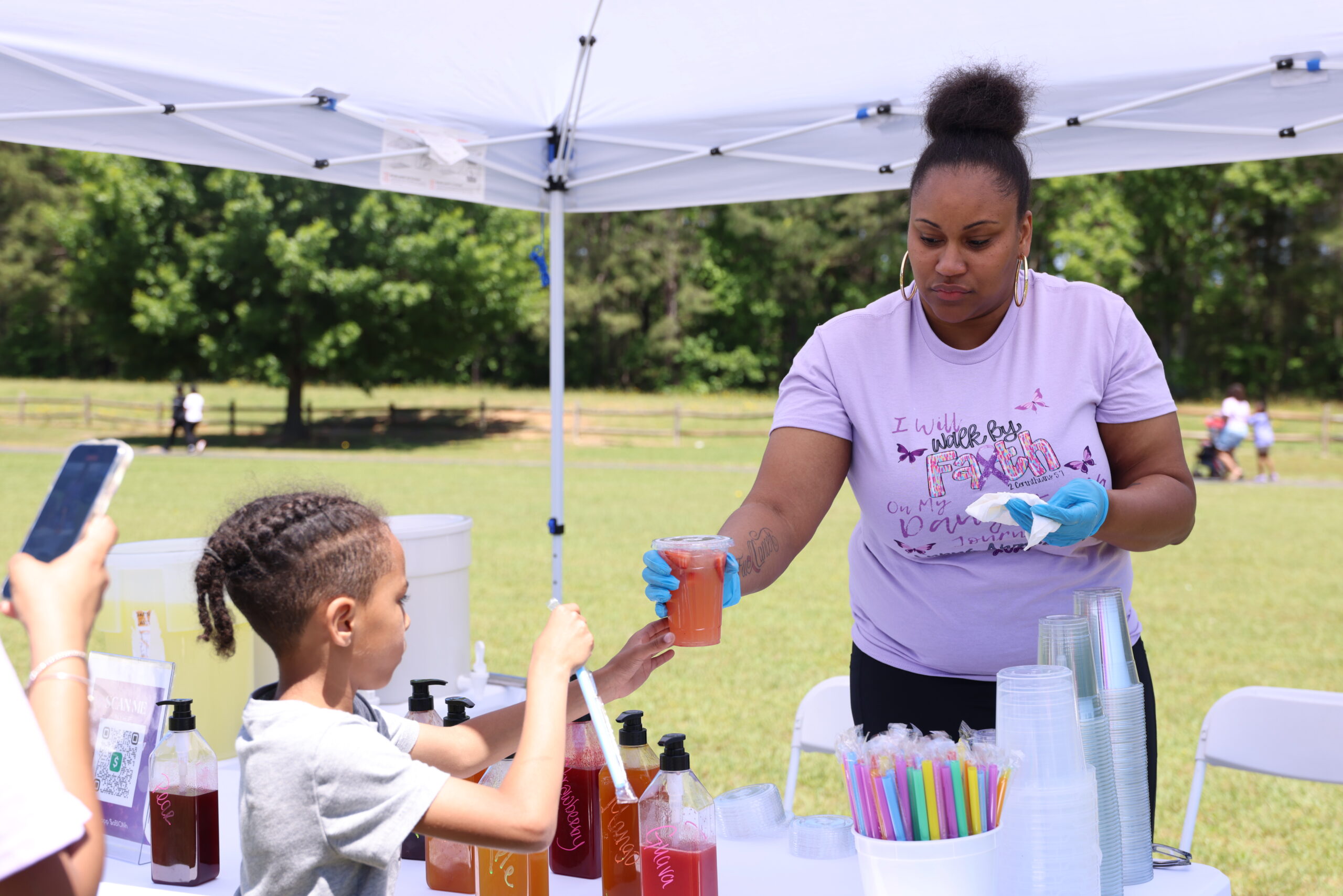
WALK BY FAITH: Lupus Awareness Walk hosted by Ariel Harrison
Saturday, May 10, 2025
Warren County Recreational Complex, Warrenton, NC
-

 Entertainment8 months ago
Entertainment8 months agoPHOTOS: DubFest 2024
-

 Education8 months ago
Education8 months agoALL SMILES: Dr. Carol Montague-Davis Meet + Greet (Photos)
-

 Entertainment10 months ago
Entertainment10 months agoPHOTOS: Jazz on the Farm @ Heritage Cultural Farm
-

 Local8 months ago
Local8 months agoEAGLE PRIDE: WCHS Meet + Greet 2024 (Photos)
-

 Local10 months ago
Local10 months agoPHOTOS: Ridgeway Cantaloupe Festival 2024
-

 Local8 months ago
Local8 months agoPHOTOS: Soul City Homecoming 2024
-
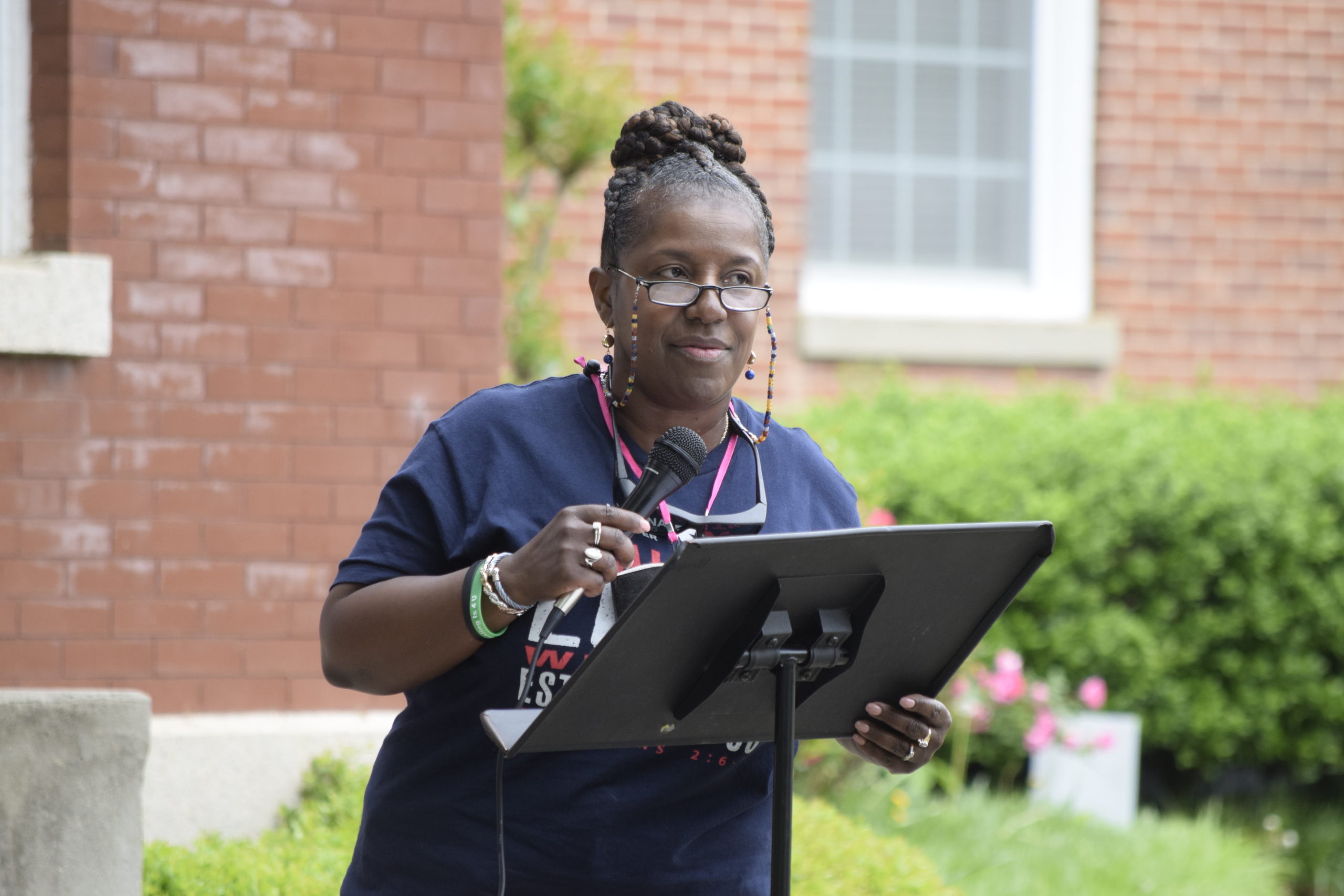
 Community3 years ago
Community3 years agoPHOTOS: National Day of Prayer 🙏
-

 Local9 months ago
Local9 months agoPHOTOS: 3rd Annual Dinner Off Main



